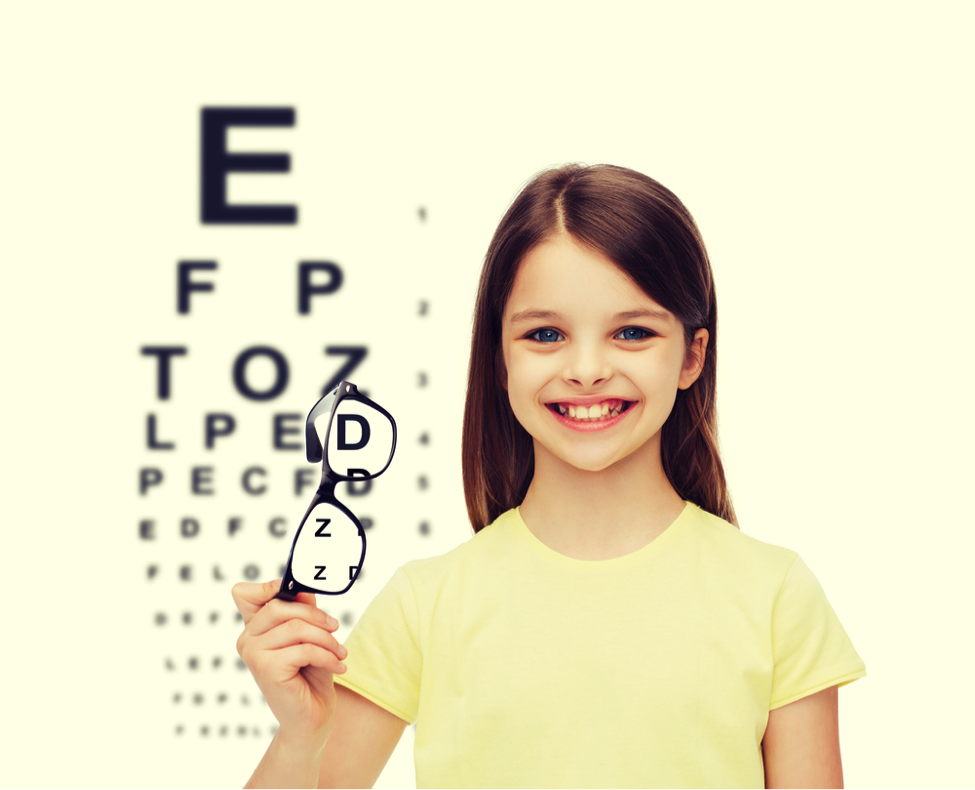Your family’s health is paramount. You buy healthy food options, ensure everyone is getting enough physical activity, clean and sanitize your home (and your kids,) and make appointments with doctors for well- and sick-visits. However, there may be one key component of your family’s health that you are overlooking: Their health of their eyes.
Every member of your family, from the smallest to the biggest, relies on their eyes every single day. They are one of the most important organs; however, so many people tend to neglect caring for them. The result of this neglect can lead to skewed vision, the need for corrective lenses, and even the development of serious issues with the eyes.
Instead of leaving the health of your family’s eyes to chance, exercise tactics that will ensure every member’s vision is on-track to avoid issues down the road.
Infant Eye Care Tips
At birth, the eyes are only about 70% developed, and infants can only focus on objects that are around 8-12 inches away from them. To ensure your little one’s eyes are developing properly, there are some things that you can do:
- Provide him with age-appropriate toys that are visually stimulating (bright colors, interesting shapes and patterns, etc.)
- Play games that encourage using the eyes, like hide-and-seek, or peek-a-boo, to aid in focus and assist with visual memory development
- At 6 months of age, schedule his first eye exam. During this exam, a pediatric optometrist will assess your baby’s eyes, checking for issues like excessive nearsightedness and eye health problems, and examining your little one’s ability to move his eyes.

Eye Care for Young Children
Even though they may be walking, talking and vigorously playing, young children’s eyesight isn’t fully developed until they are about 12 years old. Until then, they are still developing key components of their sight, including visual acuity, perception and hand-eye coordination.
There are several things you can do to ensure your young child’s eyes are developing properly, including:
- Provide activities that encourage hand-eye coordination and visual acuity, such as coloring, drawing, cutting, putting puzzles together and stacking blocks
- Look out for any signs that may indicate a problem, such as lazy or crossed eyes
- Schedule comprehensive eye exams every 2 years with a pediatric optometrist
Adolescent Eye Care
Though the eyes are fully developed by adolescence, they are constantly changing. Issues, such as nearsightedness and farsightedness, can develop, which can impact an adolescent’s ability to focus and gain important knowledge.
To keep your adolescent’s eyes on the right track, keep the following in mind:
- Monitor screen time, as excessive use of tablets, computers and smartphones can damage eyesight
- Ensure she is completing school work with adequate lighting
- Watch out for signs that indicate vision problems, such as eye fatigue and difficulty processing text
- Continue to schedule eye exams every two years, though more often, if issues present
Eye Care for Adults
Mom and dad need to make sure their eyes are healthy, too! As a person ages, eyesight can start to decline. To avoid the early onset of eye health issues, parents should:
- Eat a well-balanced diet full of fruits and vegetables
- Be aware of any family history of eye disease
- Wear UV-protected sunglasses
- Avoid cigarette smoke
- Schedule eye exams every 2 years
Following these tips, you can prevent the development of eye problems and ensure your family’s vision stays keen for years to come.
















